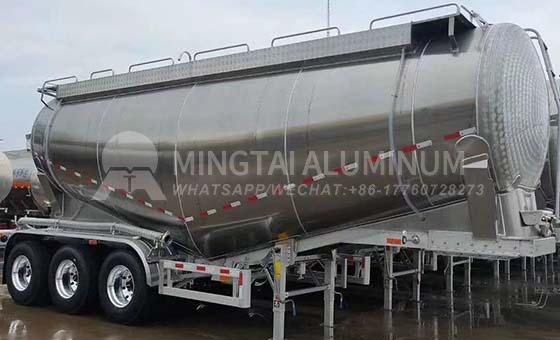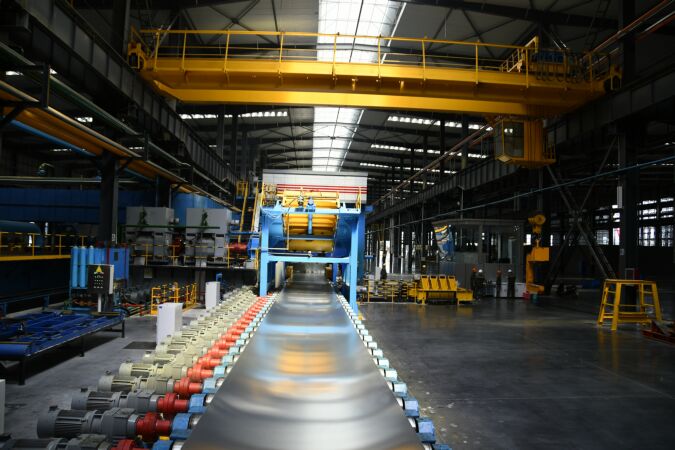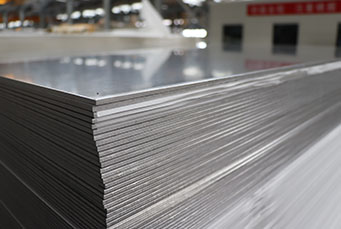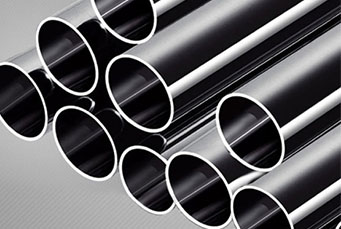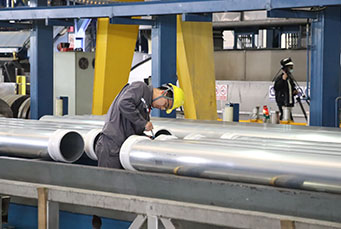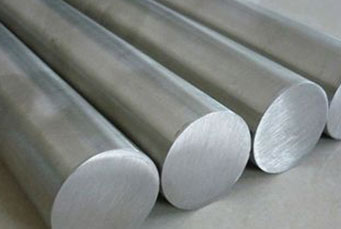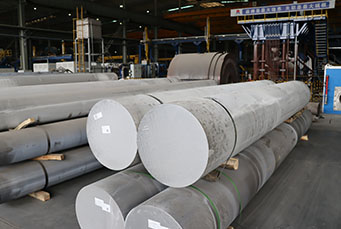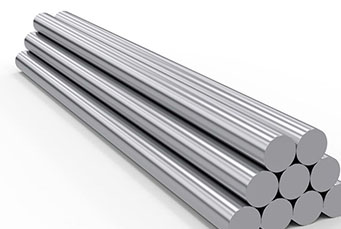When evaluating “Which is More Popular: Steel or Aluminum Tanker,” core factors like weight, durability, and operational efficiency take center stage—all of which tilt demand toward aluminum tankers in modern logistics. Steel tankers, long used for their high strength, suffer from excessive weight: a typical steel tanker weighs 30-40% more than an aluminum counterpart of the same capacity. This extra weight reduces payload capacity, increasing fuel consumption and transportation costs per trip.
In contrast, aluminum tankers leverage the material’s lightweight properties to boost payload by 10-15% while maintaining structural integrity. For industries like fuel, chemical, and food transportation—where every kilogram of cargo matters—this advantage makes aluminum tankers the more popular choice. Mingtai Aluminum, a leading aluminum processor, produces high-strength 5083, 5052, and 6061 aluminum sheets for tanker manufacturing, addressing the “Which is More Popular: Steel or Aluminum Tanker” question with material performance that outmatches steel in key logistics metrics.
Cost efficiency over the lifecycle is a decisive factor in “Which is More Popular: Steel or Aluminum Tanker.” While steel tankers may have lower upfront costs, aluminum tankers offer long-term savings: their corrosion resistance eliminates the need for frequent repainting or anti-rust treatments (a annual expense for steel tankers), and their lightweight design cuts fuel costs by 8-12% annually.
Sustainability further drives aluminum’s popularity. Aluminum is 100% recyclable, with recycling requiring just 5% of the energy needed to produce primary aluminum—aligning with global carbon reduction goals. Steel recycling, though common, has higher energy consumption and produces more emissions. Mingtai Aluminum supports this eco-friendly shift by integrating recycled aluminum into its tanker-grade sheet production, using advanced “1+4” hot rolling mills to ensure recycled aluminum maintains the same strength and corrosion resistance as primary aluminum.
Tanker performance in harsh environments—such as exposure to chemicals, saltwater, or extreme temperatures—answers “Which is More Popular: Steel or Aluminum Tanker” for specialized industries. Steel tankers are prone to rust and chemical corrosion (e.g., from acidic liquids), leading to leaks and shortened service life (typically 8-10 years).
Aluminum tankers, however, excel in harsh conditions: alloys like 5083 (used in Mingtai’s tanker sheets) offer exceptional resistance to saltwater and chemical erosion, extending service life to 15-20 years. Additionally, aluminum’s thermal conductivity ensures uniform temperature control for temperature-sensitive cargo (e.g., food-grade liquids), a feature steel lacks. Mingtai’s aluminum sheets for tankers undergo strict quenching and stretching processes, enhancing their tensile strength (up to 310 MPa) and impact resistance—critical for withstanding rough road conditions.
For businesses choosing aluminum tankers (the popular choice in “Which is More Popular: Steel or Aluminum Tanker”),
Mingtai Aluminum (stock code: 601877) is a trusted supplier. Established in 1997 and headquartered in Gongyi City, Henan Province, Mingtai has 20+ years of aluminum deep processing experience, 6000+ employees, and 600+ technical experts dedicated to tanker-grade aluminum sheets.
Equipped with CVC6 cold rolling mills, tension bending straightening machines, and large extrusion equipment, Mingtai produces 1-8 series aluminum alloys—including 5083, 5052, and 6061—tailored to tanker specifications (thickness 2mm-20mm, width up to 2600mm). Strict quality control (e.g., ultrasonic testing for pinholes) ensures every sheet meets international standards (ASTM, EN).
Contact Mingtai Aluminum today for aluminum tanker materials:
